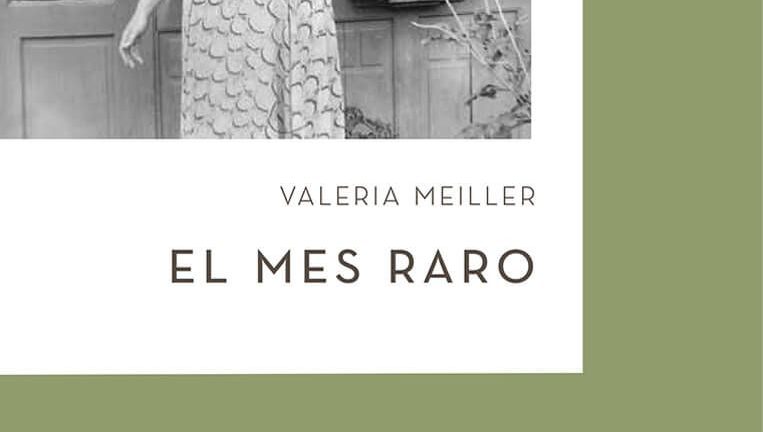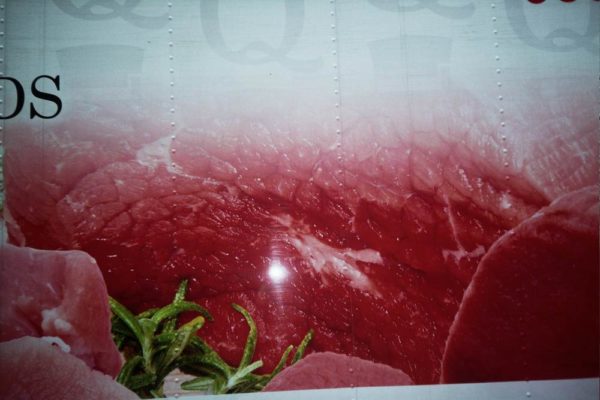THE YELLOW FOREST
Near the end of the hours, the background is the yellow forest of the painting; a day on which deer, and all else that is born and will one day die, are bound by an impossible connection. Two days prior, they learn how to pray: if what crowns the sky is a root, then I believe. Two days later, they sit in the sun, in a frame of white light, where the idea of the sky lies beneath their feet.
What remains of that summer is a plot of plowed land that hasn’t been sown: the silence of the garden at dawn, and a string of one or two cries which don’t mean anything but, nevertheless, have the power to stop time. For the first time, the clock is heard clearly, and each tick is a message that has the force of an arrow flung towards the present. What does that mean? Probably, that upon learning to light a fire, one afternoon after the coming rain, the task will become a memorable lesson. Who are they?—somewhat like a flame sparked by the bellows at the fireplace.
The dialect spoken is local, one similar to English but mixed with another tongue, a language that functions as a tool to grasp things one doesn’t want to touch because they are unclean. The words are used to talk about work and four logs with orange splinters arranged in front of the chimney to dry. That house is hers, theirs, surrendering to what life is left, as if giving in to the mystery of dropping a fishing line into the sea.
DEER
In the dream there are no quotas or hunting bans, only heat and rut, and yet each night it is still February. That day, two animals make marvelous leaps towards the coup de grâce of gunpowder, and what rises, as they are being stalked, other than an immense moon, are the red legs and the earth, also red, of the mountain.
Who would have said it, even seen it?
Hunting deer is a lot like a courtship ritual: it begins in late afternoon and ends when the pale blue illuminates the beasts, just before death.
Out in the open air, between one howl and another, the painting in the living room persists.
THE DROUGHT
With broad shoulders and a step warm like fresh milk, he walks between furrows in the soil. He wields a strength stolen from the countryside when the weather was better, and seared within him was the vision: fantastic, indomitable, up to the neck in leaves.
He took everything because he could, and afterwards he sowed seed along the road and at its edges, hoping the weak would shape the strong, and the strong would make the laws for vigorous offspring. He felt a righteous and sober love, a circumspect joy. He chose his wife by measuring her solid, radiographic hip bone, and he took her: satisfied, because it was calcium, useful in giving birth. But instead of offspring came the drought—a daughter dry and hard; a horseshoe, incandescent.
TEATIME
The view of the garden through the window is diffuse; what’s left of the summer is relieved by that distance. They are together, protected from the desolation of the plain by the thickness of the glass. The kettle steams in the kitchen and a chair, dragged neatly towards the door, is a place of stillness. She looks at the roses and the imprudence of their beauty disturbs her—a treasure small enough to fit in a closed fist.
She knows sweetness is a form eluding civility, and the smallness of the flowers contains the entire history of the trees. Fear takes many forms throughout the day—but the heart is a stone that rests outside of it all, and if she manages to stop thinking about the flowers, what appears is his image:
In a swift motion, lifting a net from the water and finding a sea turtle among the silver splash of fish. Immense and green, a turtle that will have to be cast back into the sea.
Author and Translator Bios
Author
Valeria Meiller is the author of the Spanish poetry collections El Recreo (El fin de la noche, 2010), Tilos (La propia cartonera, 2010), El Mes Raro (Dakota Editora, 2014), and El Libro de los Caballitos (Caleta Olivia, 2021).
Translator
Whitney DeVos is the translator of Notes Toward a Pamphlet by Sergio Chejfec (Ugly Duckling Presse, 2020) and The Semblable by Chantal Maillard (Ugly Duckling, 2020). Her short-form translations have appeared in AGNI, Full Stop, Modern Poetry in Translation, and Latin American Literature Today, among other places; additional translations of Meiller can be found in AzonaL, Chicago Review, and Denver Quarterly. An assistant poetry editor of Asymptote, DeVos lives in Mexico City.



